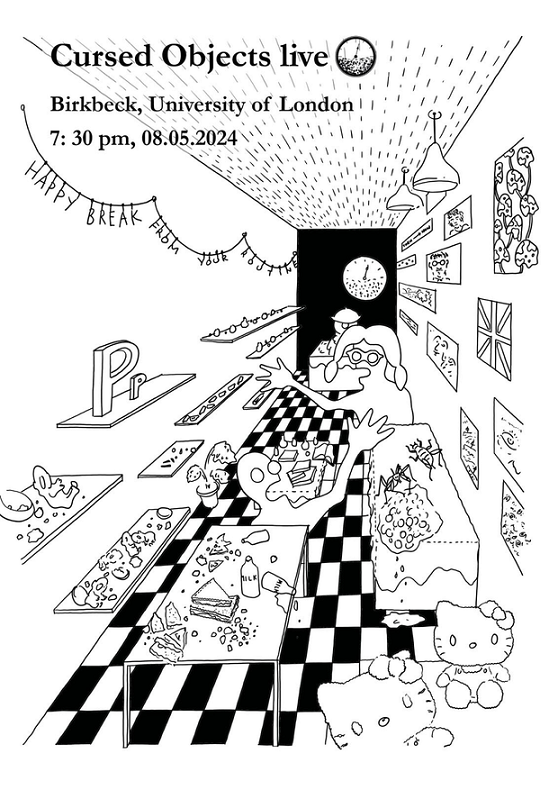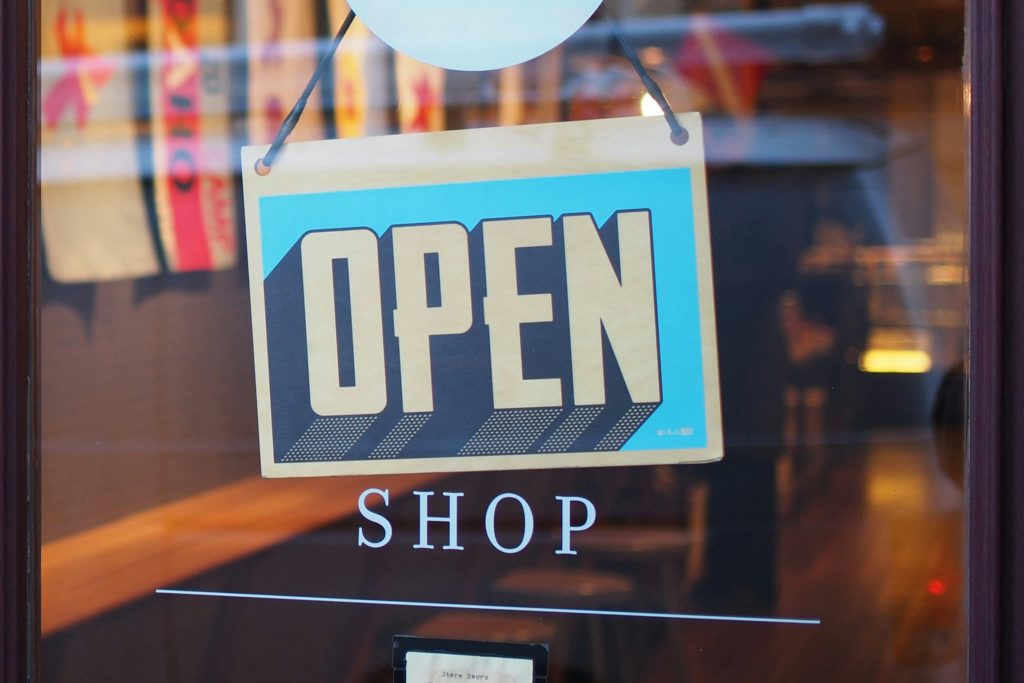EXHIBITION LAUNCH: PAPER CUTS | PELTZ GALLERY
When: 25 April 2024, 18:00 — 20:00
Venue: Birkbeck 43 Gordon Square
Opening event:
PAPER CUTS
Art, Bureaucracy, and Silenced Histories in Colonial India
Peltz Gallery
Thursday 25 April — Friday 12 July 2024
Who gets remembered, and who forgotten? This exhibition examines a collection of works on paper made by British colonialists in nineteenth-century India. Seen in public for the first time, the collection is placed into dialogue with contemporary artworks by Ravista Mehra and Divya Sharma. PAPER CUTS critically reflects on the silencing effect of the colonial archive — and points toward a more equitable future.
More information
The British governed India by paper as much as by force. Reams of it circulated in the form of records, contracts, and trade receipts. Taxation and other methods of extracting wealth likewise relied on paper.
Paper also created a visual record. In 1851 Scottish engineer George Turnbull arrived in India tasked with building its first long-distance railway. While there, Turnbull collected drawings and watercolours by his colleagues, creating an archive that depicts the region from the perspective of the British engineers building the railway. Paper Cuts is the first time these images have been publicly displayed.
Like many colonial archives, the Turnbull Collection foregrounds the British while silencing the stories of the Indian people portrayed. How can we remember what has been forgotten? This exhibition invites two Indian artists, Ravista Mehra and Divya Sharma, to intervene through contemporary artworks. Combining past and present, we can create a more equitable future.
Paper Cuts is curated by Birkbeck PhD candidate Surya Bowyer.
Supported by the British Art Network, the British Society for the History of Science, and Birkbeck, University of London.
The Turnbull Collection was acquired in 2017 by the Science Museum Group, without whose support this exhibition would not have been possible.
Contact name: Peltz Gallery
HOW TO EAT A RIVER. CURATORIAL PRACTICE, METABOLIC LITERACIES AND CULTURES OF CARE
Co-presented by the Centre for Iberian and Latin American Visual Studies, Birkbeck
When: 1 May 2024, 17:00 — 18:30
Venue: Birkbeck 43 Gordon Square
In this talk, Dr Lisa Blackmore reflects on curatorial practice as a mode of stimulating critical reflection on hydrosocial well-being and thinks with eating as an aesthetic medium to support metabolic literacies of riverhood (Boelens et al). She weaves these inquiries through the Piquete del Río Bogotá—a communal lunch curated through the entre—ríos collective in 2023 to gather 16 river defenders and caretakers at Tequendama Falls to share a menu of food grown in the watershed. The gathering was part of RIO BOGOTÁ, an ongoing curatorial collaboration created to address the protracted ecological crisis affecting the Bogotá River in Colombia, one of the most polluted watersheds in the world. The project connects and disseminates the care-taking efforts of Indigenous Mhuysca councils, ecological restoration projects, community aqueducts, environmental education, nature tourism, heritage initiatives, and organic food producers at different points of the river basin protection, to uplift their actions as a culture of care manifested in “vital ethico-affective everyday practical doings that engage with the inescapable troubles of interdependent existences” (Puig de la Bellacasa).
Contact name: Mara Polgovsky Ezcurra
Cursed Objects, Live!
Date: Wednesday 8th May 2024
Time: 7:30pm, followed by a reception
Venue: Birkbeck, University of London. Room 106 (this may change so keep an eye out), 43 Gordon Square, WC1H 0PD
Price: Free! But you must sign up via this link

The Cursed Objects podcast hosts its debut live-show for Birkbeck’s Arts Week in conjunction with the Centre for Museum Cultures! Hosts Kasia Tee and Dan Hancox build on their existing museum-orientated episodes by taking you on an experimental journey through the best and worst tat they’ve found in museum gift shops.
What do objects that test the boundaries of acceptable taste show us about life under late capitalism? Expect discussions of Winston Churchill socks, Viking rubber ducks, and the Van-Gogh-ification of everything from watches to sleeping masks.
This is their first run at a live show, and the venue is small – so if you can’t make it that evening, or don’t register in time, don’t worry! There will be more to follow.
You can find the event description here: https://www.bbk.ac.uk/events/remote_event_view?id=41653
Or you can book tickets directly here:https://cis.bbk.ac.uk/apex/a01u/f?p=832:100:0:::100:P100_EV_ID:41653
.
Cursed Objects in Museum Shops Summer Symposium
Summer Symposium: Cursed Objects in Museum Shops
Wednesday 3rd July 2024, Birkbeck, University of London, UK.
An interdisciplinary conference organised by the Centre for Museum Cultures at Birkbeck, University of London.

This symposium explores museums through the objects sold within them. Since the development of museums as public attractions in the 18th century, they have provided some form of merchandise (Larkin, 2016). In recent years, financial instability and the revenue-generating possibilities of shops have made them increasingly important to how museums operate. They are, however, under-researched in academia.
The objects sold in museum shops can show us much about the intersection of museums, visitors’ appetites and expectations, and the power of brands. Some, such as a Van Gogh ‘ear-aser’ or Francis Bacon cushions might be classed as ‘kitsch’ and push the acceptable boundaries of taste (Monica Kjellman-Chapin, 2020). Others, like Christmas tree decorations of Winston Churchill, point to the intersections of ‘big P and small p’ politics. So too, can the objects sold in museums, heritage sites and ‘experiences’, like a Monet sleeping mask, highlight a homogeneity in art and design as a result of expired Copyright laws. These objects, far from being benign, can define and limit the imaginative possibilities afforded by museums as viscerally as the objects on display in exhibitions.
Drawing inspiration from, and held in conjunction with, the Cursed Objects podcast this symposium aims to explore the meanings of objects sold in museum shops. This includes a broad definition of shops in museums, for example, online or physical gift shops, cafes, and kiosks. The term ‘cursed’ is used here to nod to the popular usage of the term on the internet that relates to images or things that are uncanny, complex, visceral and visually unpleasant. Rather than dismiss the items sold in museum shops as mass-produced and, therefore, less significant than museum collections, this symposium asks how material culture and ephemera can historically and in the present be used as a means to better understand museums and the cultures they exist within.
Important questions that will be raised at this symposium include: How do (or don’t) the objects within museum shops relate to museum exhibitions? Can objects in museum shops be termed ‘material culture’? Why are some forms of merchandise found in museums that are unrelated to the institution’s primary remit? What can the objects in museum shops tell us about late capitalism? How do museum shops shape tastes in consumption historically and in the present? Who are museum shops for? Do museum-branded pencils, highlighter pens and rulers have ‘agency’?
The symposium is open to the public and all are welcome to attend. Attendance is free, but registration is necessary as places are limited. Please register as soon as possible so that we can have a better idea of attendee numbers: https://cis.bbk.ac.uk/apex/a01u/f?p=832:110:29171667451179 .
For any inquiries please contact: museumculturesconference@gmail.com .
Photo by Mike Petrucci on Unsplash